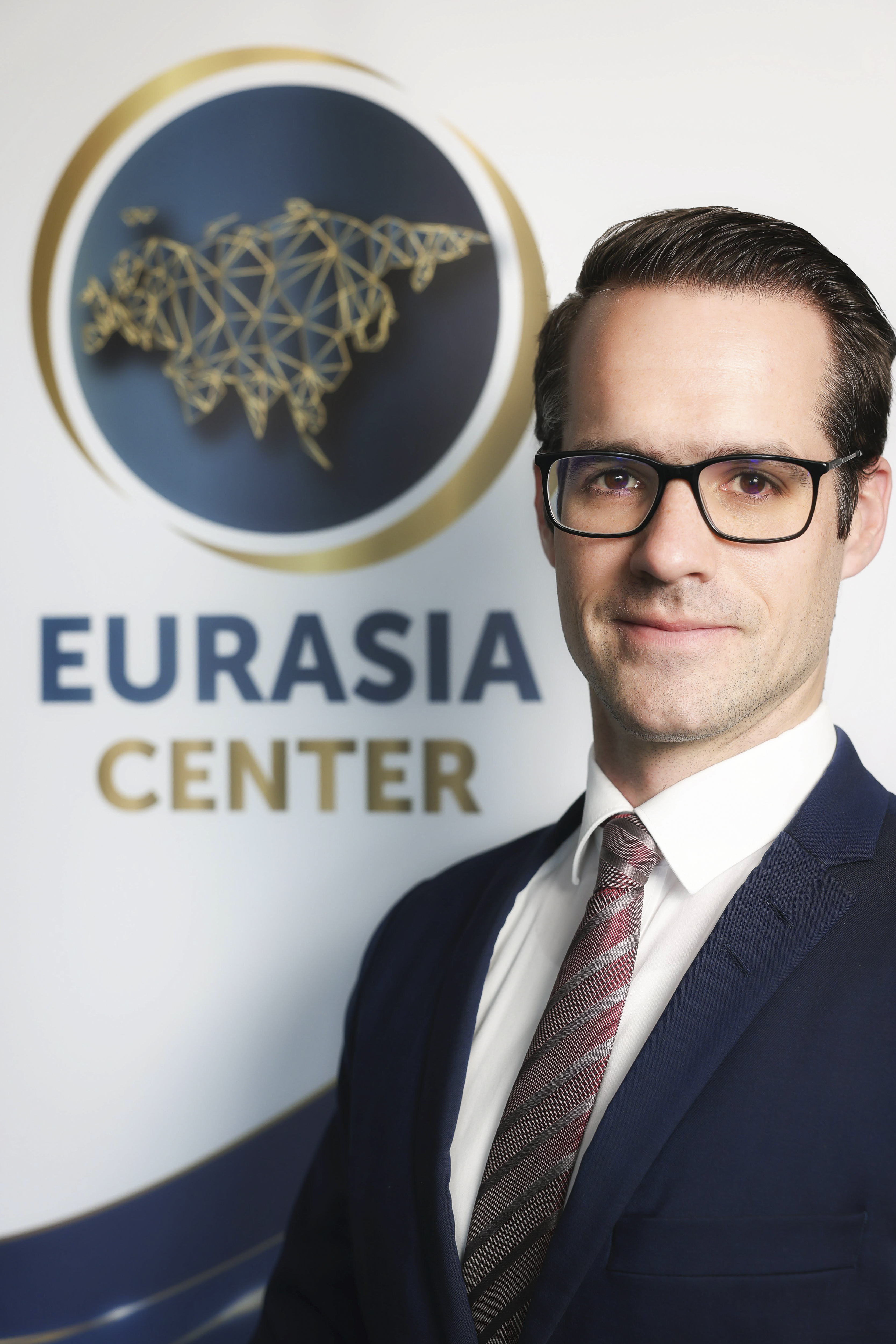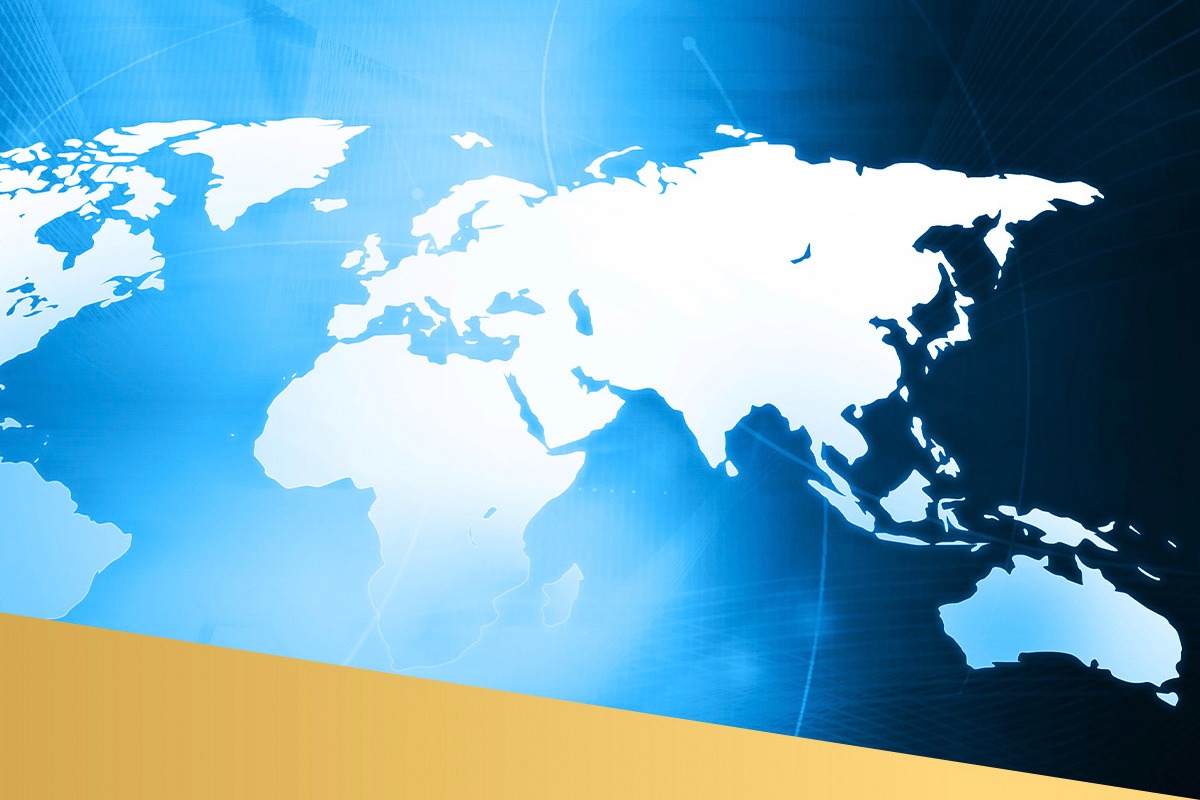Levente Horváth, Ph.D.,
Director of the Eurasia Center,
Editor-in-Chief of Eurasia
Interestingly, the conference was also attended by Chinese Premier Zhou Enlai, who had been targeted in an assassination attempt on his way to Hong Kong to prevent him from attending the conference (the assassination attempt, known as the Kashmir Princess incident, killed 16 people, the Chinese Premier changed his itinerary at the last minute). The 21st century has seen an increasing number of 'non-Western' multilateral cooperation arrangements, such as the Shanghai Cooperation Organisation (2001) and the recently expanding BRICS (BRIC was founded in 2009 and expanded to include South Africa in 2010).

